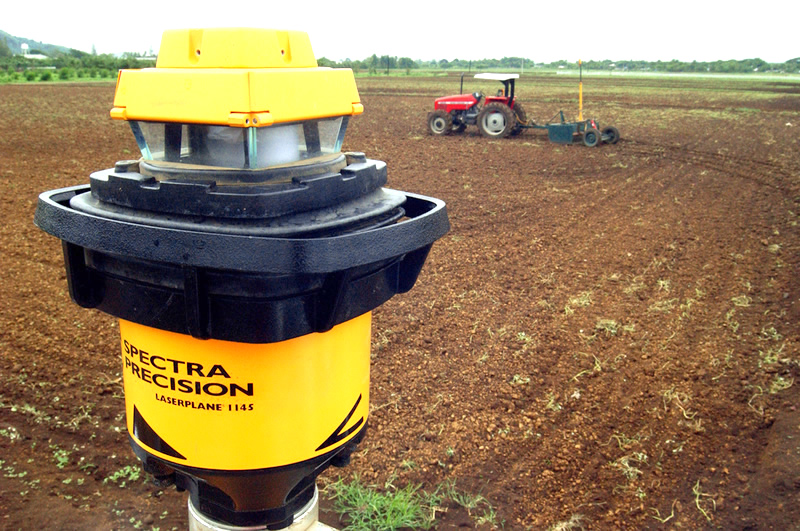Blogs
Wheat scientists eye USDA $3.4 million in new funds to boost yields
 Climate adaptation and mitigation
Climate adaptation and mitigation
Scientists involved in a major global initiative aimed at increasing wheat yields as much as 60 percent by 2050 get a boost from U.S. government announcement of new research funds.
CIMMYT upgrades Pakistan’s national germplasm collection and distribution facility
 Nutrition, health and food security
Nutrition, health and food security
Balancing economy and ecology: agriculture vs. nature
 Climate adaptation and mitigation
Climate adaptation and mitigation
Reconciliation of the right to develop and environmental protection must move beyond global dialogue and be put into practice.
Agriculture can help the world meet climate change emission targets
 Climate adaptation and mitigation
Climate adaptation and mitigation
Climate-smart agriculture could be the solution for farmers to both cope with the impacts of climate change and reduce emissions.
Gender bias may limit uptake of climate-smart farm practices, study shows
 Climate adaptation and mitigation
Climate adaptation and mitigation
Farmer education programs that fail to address traditional gender roles may sideline women, limiting use of conservation agriculture techniques, reducing their ability to fight climate change.
Towards inclusive and sustainable grain marketing
 Capacity development
Capacity development
CIMMYT’s MasAgro program organized its first forum on grain marketing titled on 9 November.
African maize farmers get support to mitigate impact of poor soils
 Gender equality, youth and social inclusion
Gender equality, youth and social inclusion
As the global community marks World Soil Day, African smallholder farmers are contending with low yields due to low-fertility soils prevalent in most parts of sub-Saharan Africa, affecting food security for 300 million people.
Of maize farmers, coming calves, waxing oxen, and comely camels
 Capacity development
Capacity development
The gospel of ngamia. When despite drought, maize becomes a ‘source’ of farm labor and protein, with surplus sold to purchase a calf: “I got so much harvest, and yet I planted this seed very late, and with no fertilizer.”
